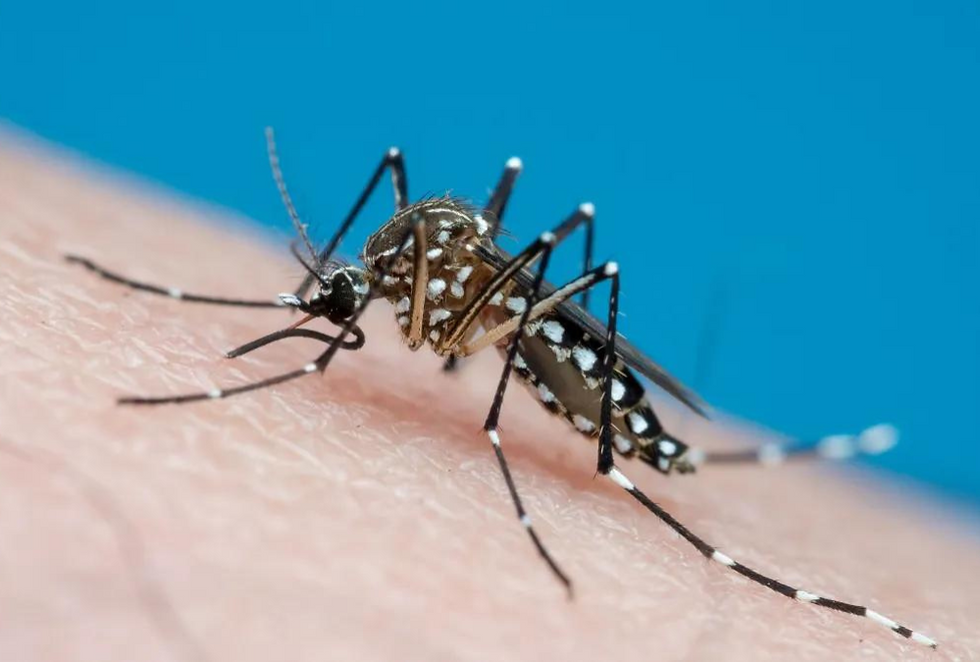By I. Hansana, Jadetimes News

Health Alert for Western Australians Traveling to Bali Amid Dengue Fever Surge
As the school holidays approach, Western Australians planning to visit Bali are being urged to remain vigilant following a significant increase in dengue fever cases in the region. WA Health has reported a threefold rise in the number of dengue fever cases compared to the same period last year, with the numbers escalating from 107 to 322 cases.
Alarmingly, approximately 82 percent of these cases involved recent travel to Indonesia, highlighting the need for heightened awareness and preventive measures. Indonesia has been grappling with a severe dengue fever outbreak, recording over 90,000 cases this year. This alarming figure contributes to the more than 9.5 million dengue fever cases reported worldwide since the start of the year, underlining the global spread and impact of the disease.
Professor Paul Effler, Acting Director of WA Health’s Communicable Disease Control, has emphasized the potential severity of dengue fever. "While most individuals will experience mild flu like symptoms, dengue fever can be fatal, particularly for those who contract the disease a second time," Effler stated. This warning serves as a critical reminder of the potential dangers posed by dengue fever, especially for travelers.
Effler advised that the best defense against dengue fever is to prevent mosquito bites while visiting Bali or other high risk areas. He stressed the importance of taking preventive measures to avoid mosquito bites, such as using insect repellent, wearing long sleeves and pants, and staying in accommodations with air conditioning or window and door screens.

Dengue fever is a viral infection transmitted by Aedes mosquitoes, which are typically active during the day and are commonly found around buildings in urban or semi urban areas. These mosquitoes breed in stagnant water, making it crucial to eliminate potential breeding sites around homes and accommodations.
The symptoms of dengue fever can vary, but they often include fever, rash, headache, fatigue, and joint and muscle pain. In more severe cases, the disease can cause intense abdominal pain, persistent vomiting, and bleeding from the gums or nose, which can be indicative of severe dengue, also known as dengue hemorrhagic fever. Severe dengue requires immediate medical attention and can be life threatening, particularly for individuals who have previously been infected with a different strain of the dengue virus.
Health authorities stress that there is no specific treatment for dengue fever. Management of the disease primarily involves supportive care, such as maintaining proper hydration, resting, and taking pain relievers such as acetaminophen. However, certain pain relievers like aspirin and nonsteroidal anti inflammatory drugs (NSAIDs) should be avoided as they can increase the risk of bleeding complications.
To minimize the risk of contracting dengue fever while traveling overseas, travelers are advised to take several precautions. These include using mosquito nets if sleeping in areas without screens, applying mosquito repellent containing DEET, picaridin, or oil of lemon eucalyptus, and wearing clothing treated with insect repellent. Additionally, travelers should stay informed about the local health situation and follow the guidance of health authorities.
The surge in dengue fever cases serves as a stark reminder of the importance of mosquito bite prevention, especially in regions experiencing outbreaks. By taking proactive measures and staying informed, travelers can significantly reduce their risk of contracting dengue fever and contribute to the broader efforts to control the spread of this disease.
As Western Australians prepare for their holidays, it is essential to prioritize health and safety by adopting these preventive measures. By doing so, travelers can enjoy their time in Bali while minimizing the risk of dengue fever, ensuring a safer and healthier vacation experience.





























Comments